General FAQs About FIP

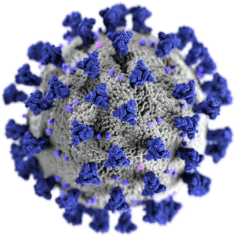
What Is Feline Infectious Peritonitis(FIP)?
Feline infectious peritonitis (FIP) is a serious and often fatal viral disease that affects cats. It is caused by a type of coronavirus known as a feline coronavirus (FCoV) and can affect cats of any age, breed, or gender. FIP is more common in young cats and in multi-cat households where cats are in close contact with each other.
What are the Clinical Signs of FIP?
Symptoms of feline infectious peritonitis are diverse and can make the clinical diagnosis based on symptoms pretty hard. At the start, some vague symptoms are common. These include fluctuating fever, energy loss, and inappetence. After some time, cats can present with ‘dry’ or ‘non-effusive’ disease or ‘wet’ or ‘effusive’ disease.
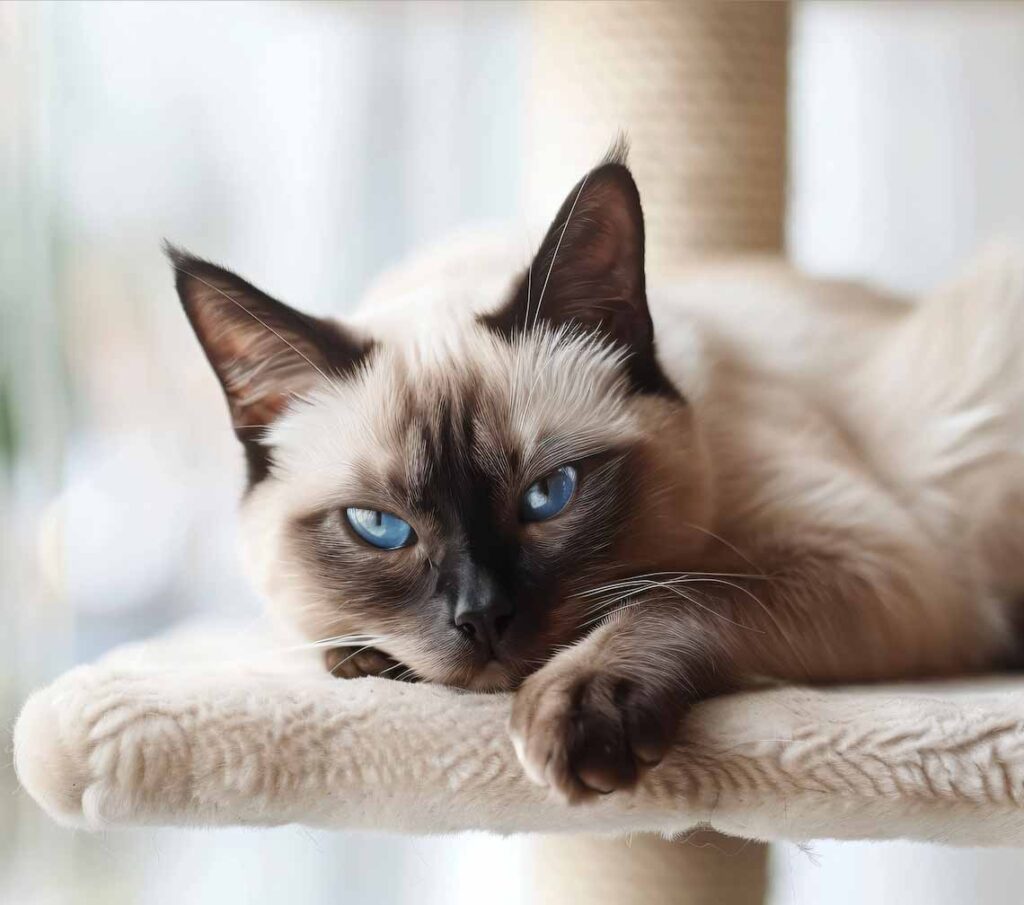
Symptom 1
Dry Feline Infectious Peritonitis (FIP)
Dry FIP involves the growth of inflammatory tissue in organs such as the liver, kidneys, eyes, and brain, as the body tries to remove the infection. Unlike wet FIP, it does not cause much fluid buildup, making it harder to diagnose and slower to progress. Other symptoms of dry FIP may include:
·Fever
·Weight loss
·Bleeding or discharge from the eyes
·Blindness or vision loss
·Poor muscle coordination
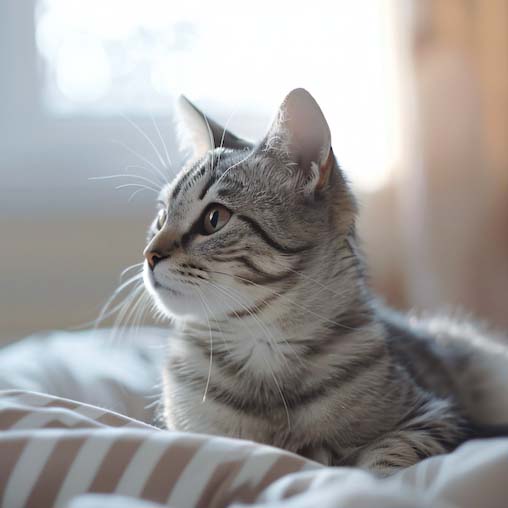
Symptom 2
Wet Feline Infectious Peritonitis (FIP)
Wet FIP is characterized by fluid accumulation in the chest and abdomen, giving cats a pot-bellied appearance. This form of FIP progresses more quickly than the dry form, making it easier for veterinarians to diagnose. Other symptoms of wet FIP may include:
·Fever
·Weight loss
·Loss of appetite
·Breathing difficulties
·Lack of energy
How can FIP be Diagnosed?
Symptoms of FIP are wide yet vague which makes it difficult to diagnose. Also, your veterinarian can not diagnose it based on only one blood test.
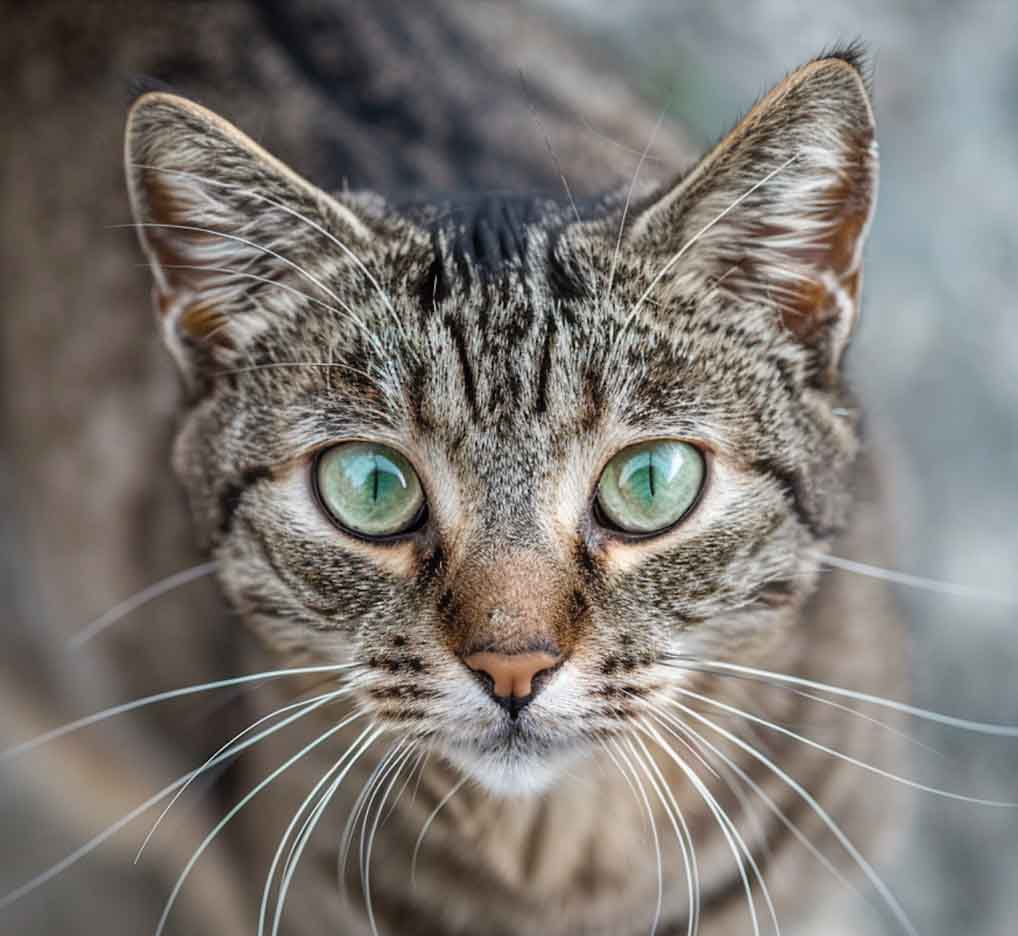
Following factors can make the diagnosis easy if your cat:
·Shows clinical signs of FIP
·Falls in the high-risk groups (e.g., colony ·cats, colony cats, etc.)
·Presents with yellowing of the eyes and gums
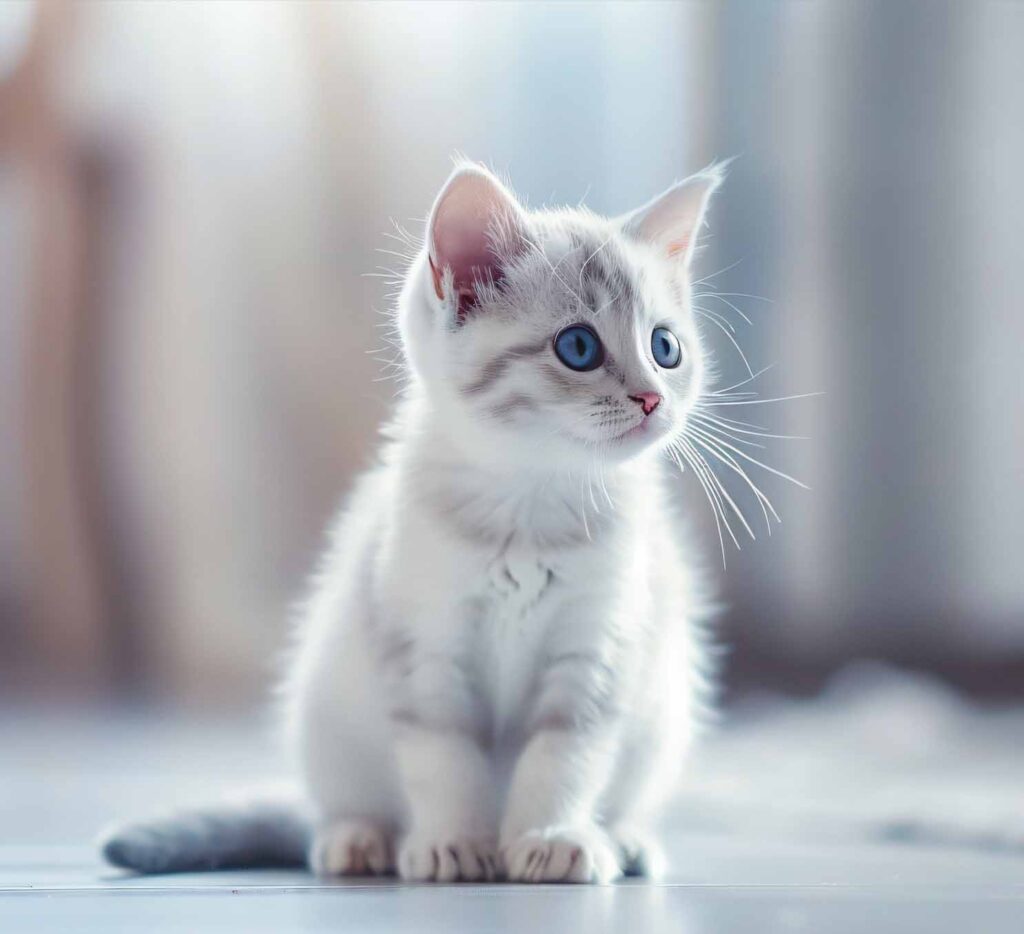
Based on laboratory tests, a cat affected by FIP can have:
·Lymphopenia or decrease in the number of white blood cells
·Neutrophilia or an increase in the number of neutrophils
·Deficiency of blood
·Increased concentration of proteins
·High levels of liver enzymes and bilirubin
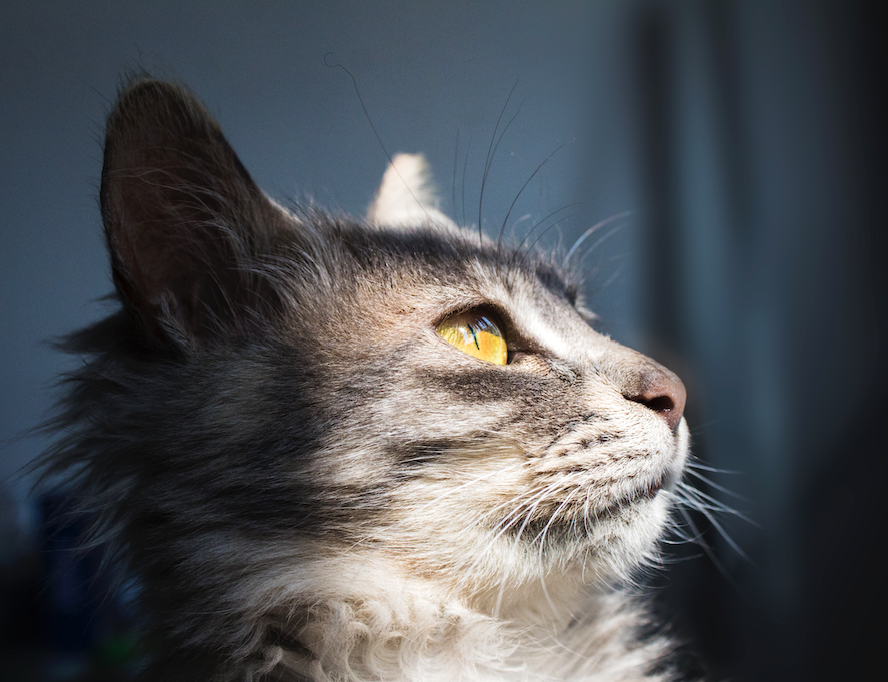
Besides, many other tests can confirm its diagnosis. A few of them are:
·X-ray and Ultrasound
·Immunoperoxidase test
·Polymerase chain reaction technology
·Biopsy
Frequently Asked Questions for FIP
Find answers to commonly asked questions about our products and services.
Is my cat at risk for developing FIP?
Any cat that carries FeCV is potentially at risk for developing FIP, but younger cats are at greater risk of developing FIP, with approximately 70% of cases diagnosed in cats less than 1 1/2 years of age and 50% of cases occurring in cats less than 7 months of age. The most common mode of transmission of FeCV is believed to occur when infected queens pass along the virus to their kittens, usually when the kittens are between five and eight weeks of age. Cats housed in high-density facilities (i.e. shelters, catteries) appear to be more susceptible to the development of FIP, as are purebred cats, male cats, and geriatric cats, for reasons that remain unclear.
Is FIP Contagious?
No. Feline Coronavirus (FCoV), the virus that can mutate into FIP, is highly contagious among cats. It is shed through feces, and cats who share litter boxes or groom each other are at risk of exposure. However, most cats who are exposed to FCoV will pass it without issue, experiencing only mild symptoms such as diarrhea or cold-like symptoms.
Once FCoV mutates into FIP, the mutated virus is no longer contagious. FIP is not directly contagious among cats. However, it is believed that FIP has a genetic component, meaning that littermates or cats with a genetic predisposition may be more likely to develop FIP. A family history of FIP increases the risk of FIP in siblings.
How Is FIP Treated?
According to Dr. Pedersen’s case study, a successful course of treatment with GS441524 for Feline Infectious Peritonitis (FIP) is 84 days, administered daily. Some cat owners have discontinued treatment once their cat’s blood work and diagnostics returned to normal. However, the few cats who relapsed were among those who did not complete the full 84-day protocol. Cats who undergo the full 84-day treatment and remain symptom-free during an 84-day observation period following the conclusion of treatment are considered cured of FIP.
GS441524 is available in both injectable and pill form, with the dosage based on the cat’s weight and symptoms. You can check our dosage calculator.
Dr. Pedersen’s attribution: https://pubmed.ncbi.nlm.nih.gov/30755068/
Can I protect my cat from getting FIP?
As mentioned in the above FAQ “Is FIP contagious?”, other cats in the household cannot catch Feline Infectious Peritonitis (FIP) from an infected cat. However, it is important to support the immune system of all cats in the household to prevent the virus from mutating into FIP. Healthy cats with a strong immune system can pass and clear the coronavirus without developing FIP.
What do I do during the 84 days treatment?
During the 84-day treatment period for Feline Infectious Peritonitis (FIP) with GS441524 (injection or pills), it is important to administer the medication daily and consistently. You should also monitor your cat’s weight on a weekly basis to adjust the dosage accordingly.
Additionally, it is recommended to take your cat for Complete Blood Count (CBC) blood work with a chemistry panel on day 30, day 60, and day 83 of the treatment period. These tests can help identify any potential complications, such as anemia, liver or kidney problems. Based on the results, we can recommend supplements and adjust the treatment plan as needed to ensure the best possible outcome for your cat.
Conclusion
Feline infectious peritonitis is an infection in cats caused by a feline coronavirus. Its symptoms are varied and complex, but it commonly presents in dry form or wet form. Your veterinarian can make the diagnosis based on clinical signs and various laboratory tests. GS-441524 is the most promising drug to treat FIP with success rate ranging from 80-95%. The best way is to prevent this disease by taking precautionary measures including avoid exposure to other cats, periodically disinfect areas frequented by cats such as litter boxes, feeding bowls, play pins, cages and pet boxes, Keep only one cat per household, and include feline infectious peritonitis vaccination as part of core vaccination program for all your cats.
Still have a question?
If you have any other queries, feel free to reach out to us. Our knowledgeable team is here to help!
